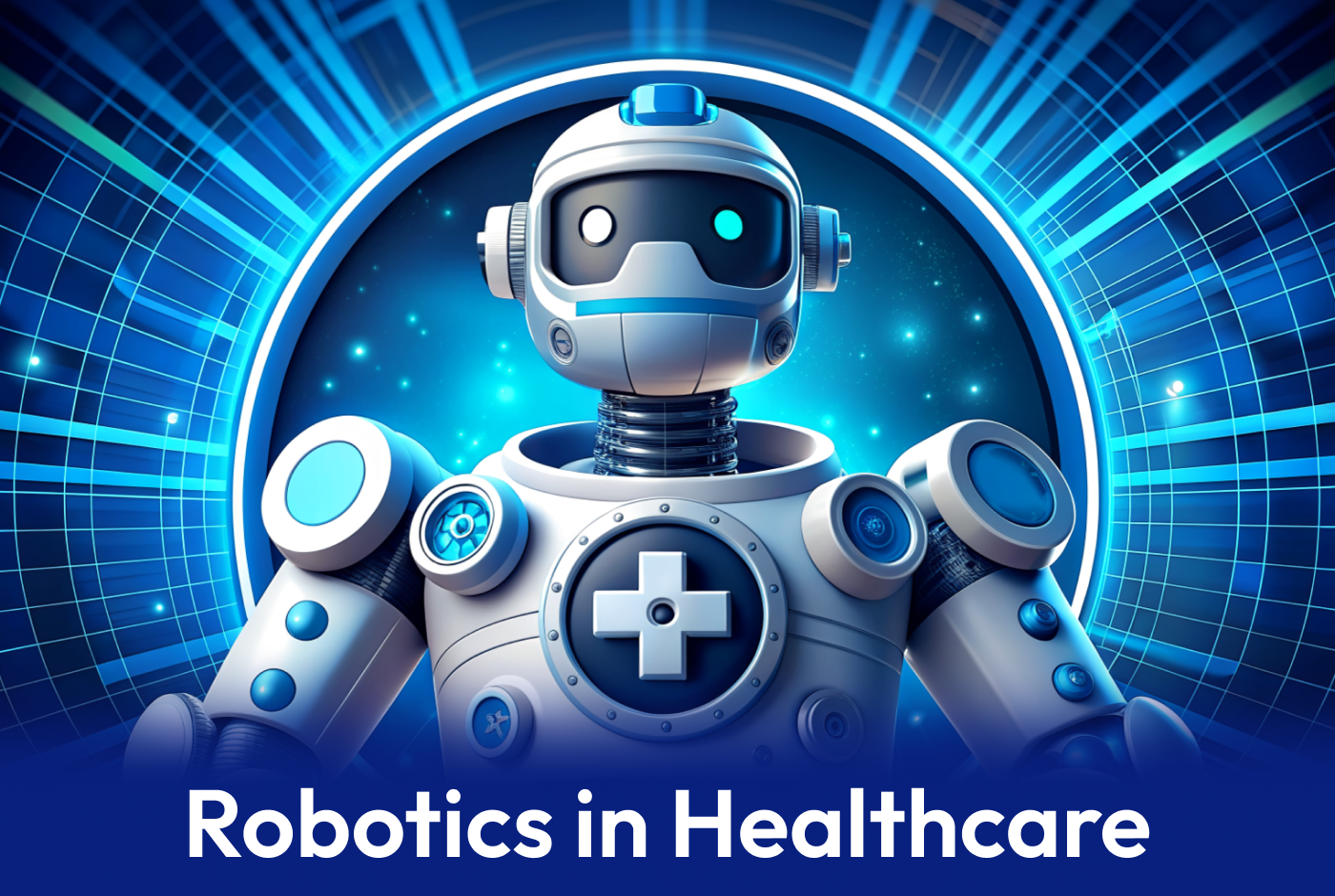As we dive into the world of precision pharmacy, it's clear we're on the cusp of something big. This is about tailoring treatments as uniquely as our DNA, bringing a personal touch to prescriptions in ways we've only dreamed of. It's an exciting journey toward a future where every medication is as individual as the person taking it, transforming patient care into a fine art. Let's explore how this innovative approach is reshaping the landscape of healthcare, making treatment not just smarter but a whole lot more personal.
Gone are the days of the one-size-fits-all approach. Now, we're stepping into an era where your genetic makeup plays the starring role in your treatment plan. This isn't just about making medications more effective; it's about making them safer and more suited to you. By peeking into our DNA, healthcare professionals can pick out the drugs and dosages that are most likely to work wonders for us, while steering clear of those that might not be a good fit.
Understanding Precision Pharmacy
Precision pharmacy is revolutionizing the way we approach healthcare, tailoring medication to
our genetic makeup with unprecedented accuracy. This fascinating field, rooted in the science of
pharmacogenomics, explores how our genes influence our responses to medications. By
understanding these genetic interactions, precision pharmacy enables healthcare providers to
prescribe the right drug at the right dose for the right patient, marking a significant leap
towards truly personalized medicine.
Imagine a scenario where two patients are diagnosed with the same condition, yet the medication
that works wonders for one has little effect on the other. This puzzle can often be solved by
looking at their genetic blueprints. Studies have shown that genetic variants can affect the
metabolism, efficacy and risk of side effects of medications. For instance, variations in the
CYP2D6 gene can alter the metabolic rate of antidepressants and opioids, profoundly impacting
their therapeutic outcomes.
Precision pharmacy's impact extends beyond individual patient care; it's reshaping drug
development and regulatory policies. The FDA has increasingly recognized the importance of
pharmacogenomics, approving drugs with specific genetic markers to ensure they are used by
patients most likely to benefit. An example is the use of trastuzumab (Herceptin) in breast
cancer patients who express the HER2 protein, demonstrating how targeted therapy can
significantly improve treatment efficacy.
Yet, the road to integrating precision pharmacy into everyday healthcare is fraught with
challenges. Ethical considerations regarding genetic privacy, the need for widespread genetic
literacy among healthcare professionals and ensuring equitable access to genetic testing are
just the tip of the iceberg. Despite these hurdles, the potential benefits of precision pharmacy
are too significant to ignore.
Incorporating genetic information into medication management can drastically reduce adverse drug
reactions, which are a leading cause of hospitalization and avoidable death. Moreover, it holds
the promise of cost savings by eliminating the trial-and-error approach to finding effective
medication, ultimately leading to more efficient and effective healthcare delivery.
As we continue to unravel the complex relationship between our genes and how we respond to
medications, precision pharmacy stands at the forefront of a healthcare revolution. By marrying
genetics with pharmacology, it paves the way for treatments that are as unique as our DNA,
offering a glimpse into a future where every patient receives personalized care tailored to
their genetic profile. This isn't just the future of medicine; it's medicine at its most
personal.





